Description
Does the pleasure principle completely prevail and control the directions of psychological processes? Are most psychological processes inevitably accompanied by pleasure or leading to it? The soul may have inclinations toward pleasure, but there are factors and circumstances that oppose that inclination. After this, what is pain? Is it something independent in itself? Or is it a pleasure that cannot be obtained or achieved?

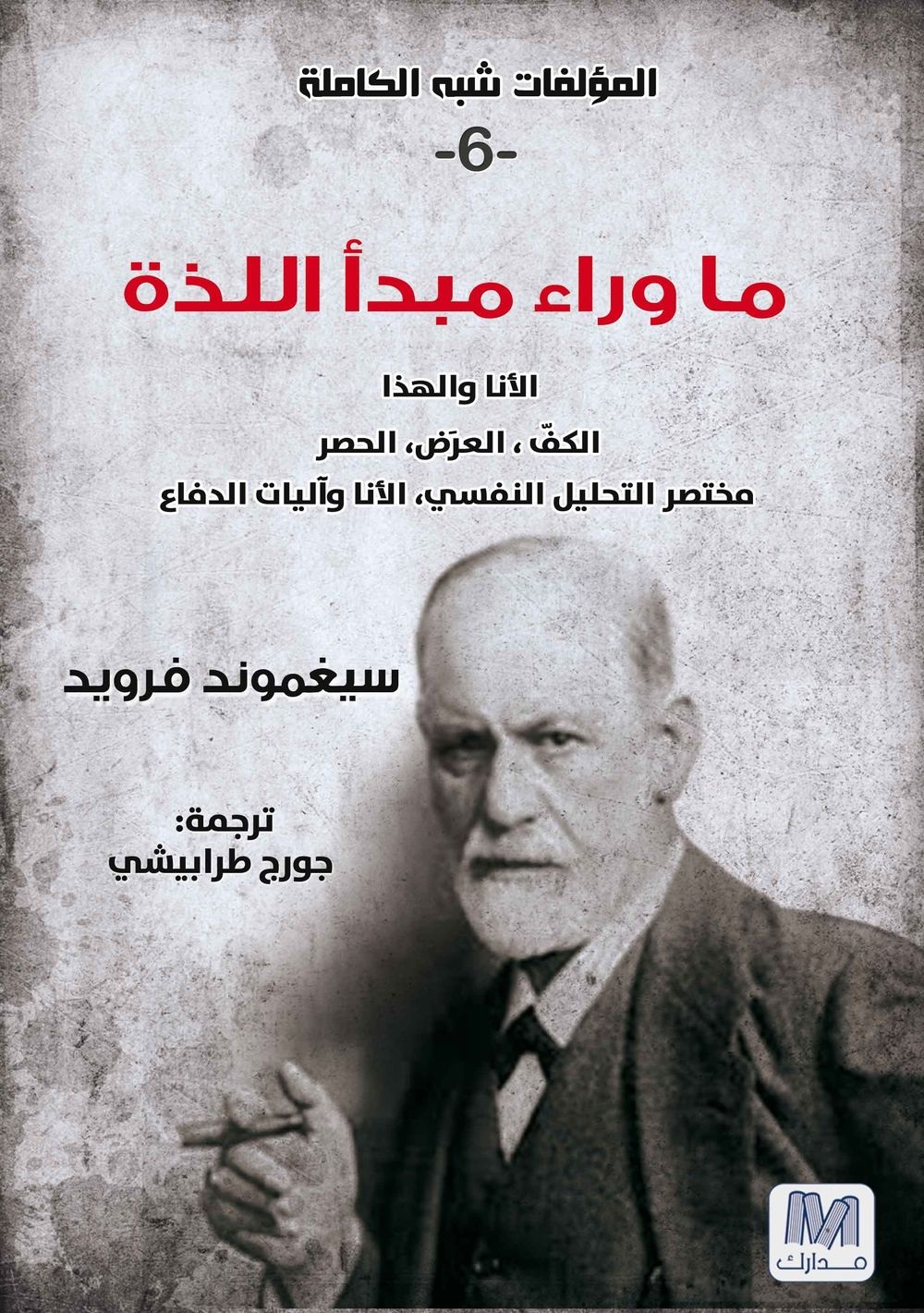
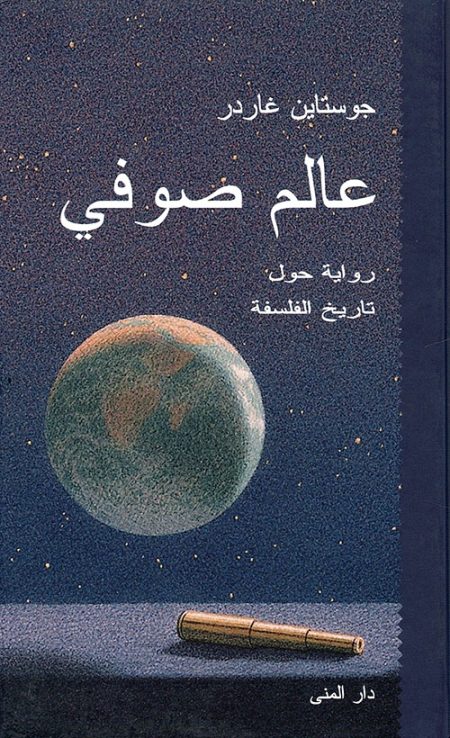
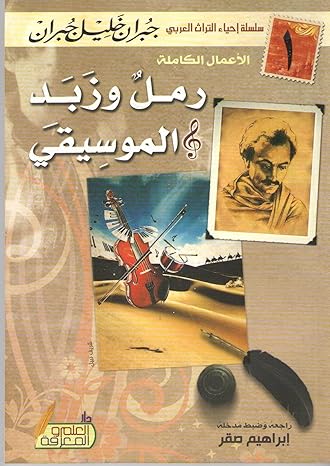
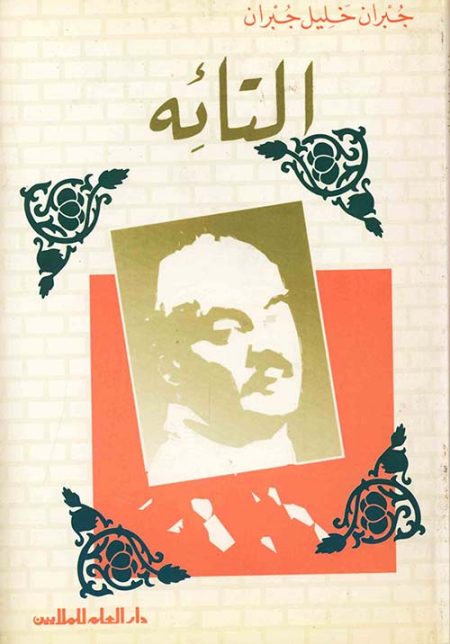
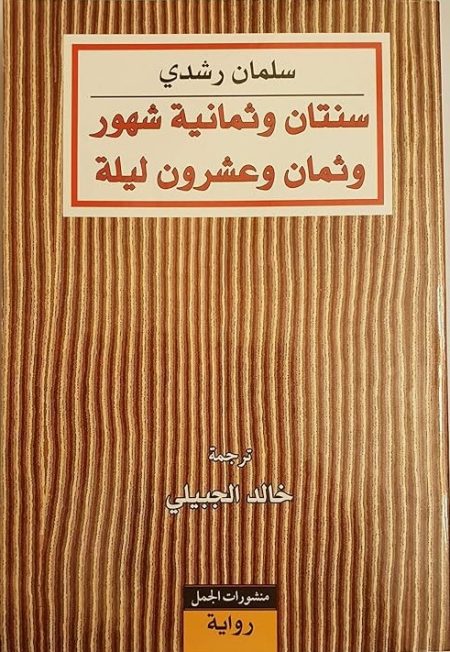
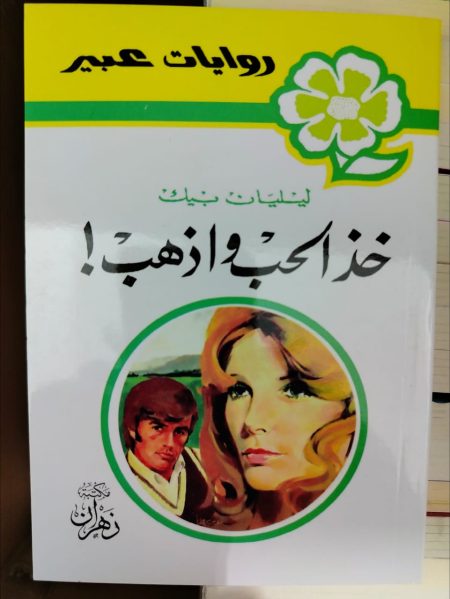
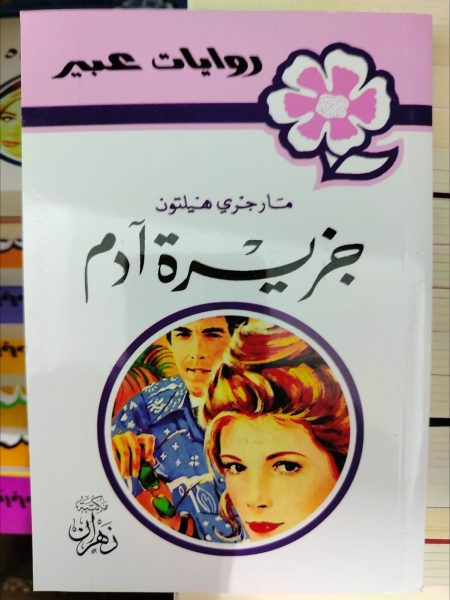
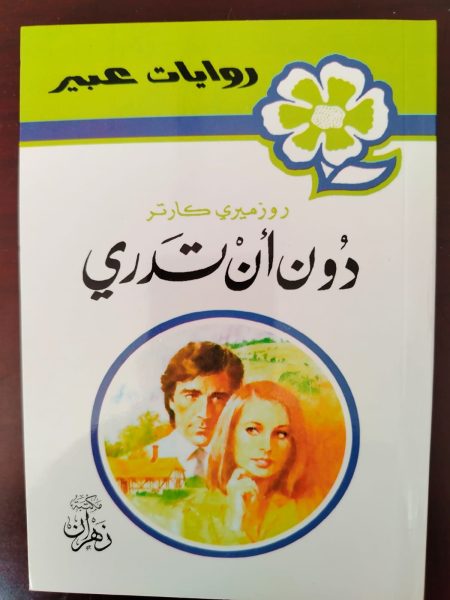
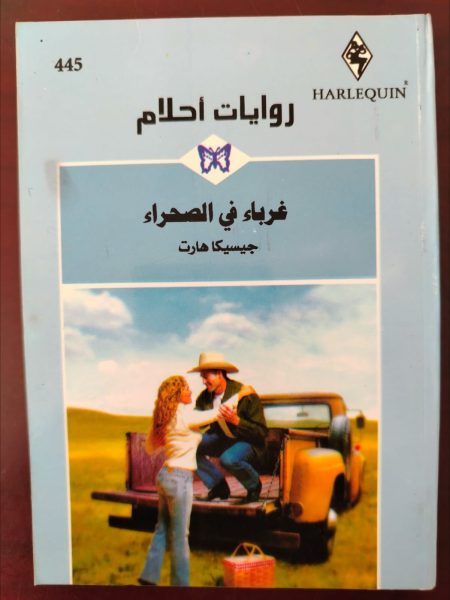
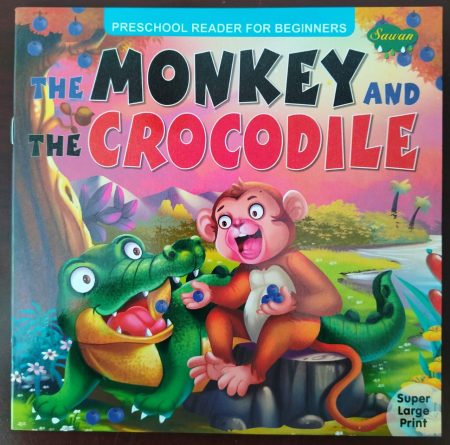
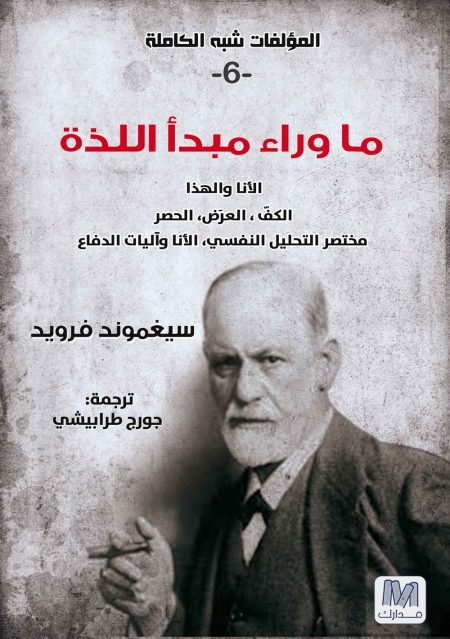
Reviews
There are no reviews yet.